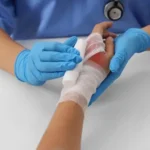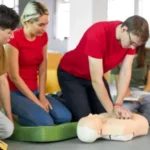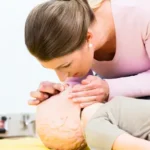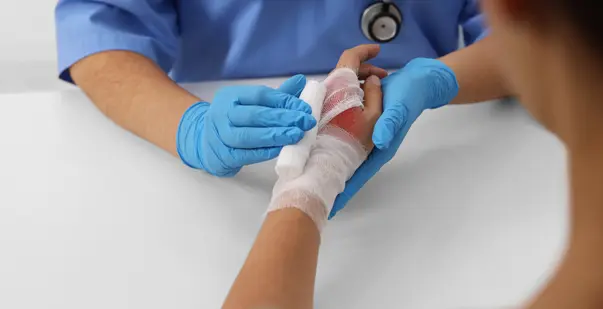Doing social work helps you in doing something for someone else. However, you may need specific life-saving courses if you volunteer for critical situation assistance. Before picking a life-saving course, you should review the standards The Association of Social Work Boards sets. This blog discusses the importance of the American HealthCare Academy’s approval from ASWB for the CPR course. You will also learn about the importance of a CPR course for social workers and how to find the right one.
What does it mean to have a seal of approval on CPR courses by ASWB for AHCA?
The Association of Social Work Boards (ASWB) is a national organization. It sets standards for social work education and practice. The ASWB seal of approval on CPR courses from the American HealthCare Academy (AHCA) means that the courses meet the ASWB’s rigorous standards for quality and content.
The ASWB seal of approval is only awarded to courses that meet the following criteria:
- The course content is aligned with the ASWB’s CPR curriculum standards.
- Qualified instructors teach the course.
- The course provides opportunities for hands-on practice.
- The course assessment is reliable and valid.
The ASWB seal of approval is a valuable credential for CPR courses. It assures potential learners that the course meets the highest quality and content standards. It can be essential for social workers, who may be required to have CPR certification as part of their job duties.
Here are some of the benefits of having a seal of approval on CPR courses from ASWB for AHCA:
- Increased Confidence: Learn CPR through an ASWB-approved course to potentially save a life during an emergency. Investing in this skill can make a big difference.
- Enhanced Job Opportunities: Many employers require CPR certification for their employees. Having an ASWB-approved CPR certification can make you a more competitive job candidate.
- Professional Development: Completing an ASWB-approved CPR course shows you care for your clients.
If you are looking for a CPR course that meets the highest quality and content standards, look for one with the ASWB seal of approval.
Why are CPR courses important for social workers?
CPR courses for social workers are essential as they can help to save lives. Social workers often work with people at risk of cardiac arrest, such as the elderly, people with disabilities, and people with chronic health conditions. Social workers can provide immediate life-saving care in an emergency by knowing how to perform CPR.
Besides saving lives, CPR courses can also help social workers to:
- Build Confidence: Knowing how to perform CPR can give social workers the confidence to act in an emergency.
- Improve Job Performance: Many employers require social workers to have CPR certification. Having CPR certification can make social workers more marketable and competitive in the job market.
- Provide Peace Of Mind: Knowing how to perform CPR can give social workers peace of mind knowing they are prepared to help in an emergency.
- Critical Situations: Social workers often work in risky cardiac arrest settings. For example, social workers may work in hospitals, nursing homes, or other healthcare settings. They may work with people who are at increased risk of cardiac arrest. For example, social workers may work with people with chronic health conditions like heart disease or diabetes.
- Cardiac Arrest: Social workers may be the first person on the scene of a cardiac arrest. It means they may be the only person to provide life-saving care until emergency personnel arrive.
How to register for these courses for social workers in a group?
Here are the steps on how to register for CPR courses for social workers in a group:
- Identify a CPR Provider: Many CPR providers offer group courses for social workers.
- Contact the CPR Provider: Once you have identified a CPR provider, contact them to inquire about their group CPR courses for social workers. They will be able to provide you with more information about the courses, such as the cost, the schedule, and the location.
- Register For The Course: Once you have decided on a course, you must register for it. The CPR provider will be able to help you with this process.
- Attend The Course: On the day of the course, be sure to arrive on time and bring the necessary materials. The CPR provider will provide all the information you need to participate in the course.
- Pass The Exam: The CPR provider will provide you with more information about the exam. You get the certification course once you pass the exam.
Conclusion
As more people try the social service route, taking courses that follow the ASWB guidelines is essential. By taking a CPR course for social workers, you can learn the skills they need to save lives. They can also build confidence and improve their job performance. The American HealthCare Academy offers comprehensive courses on CPR. Log onto our website and receive a recognized certification. Enroll now!













